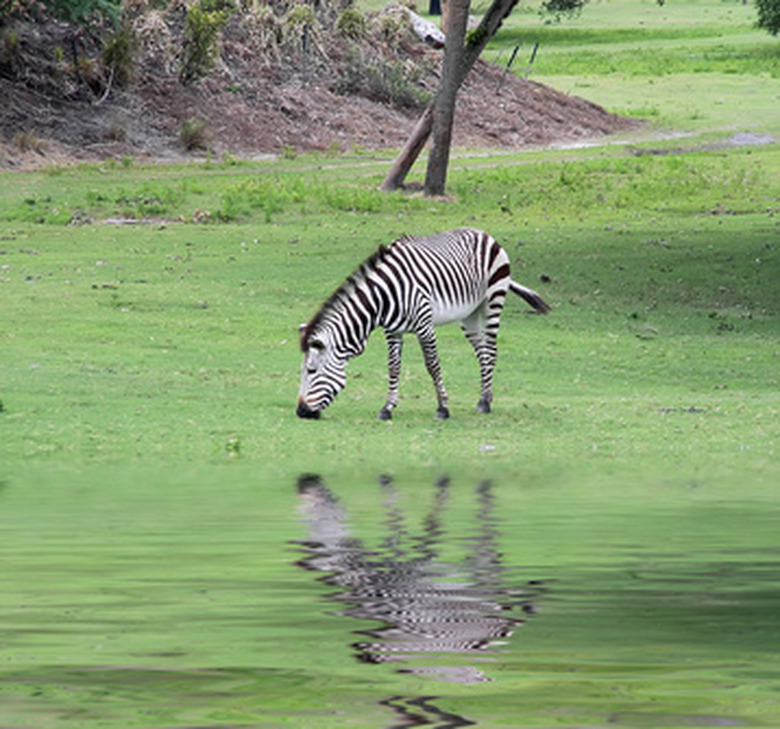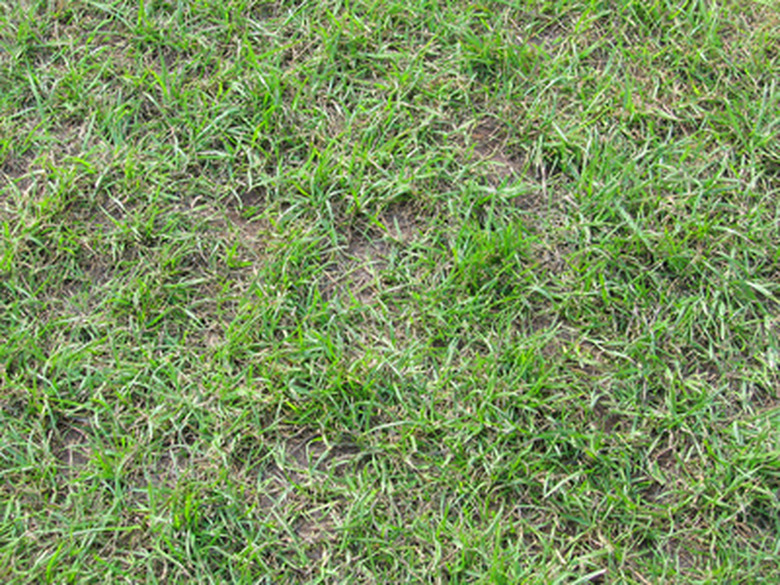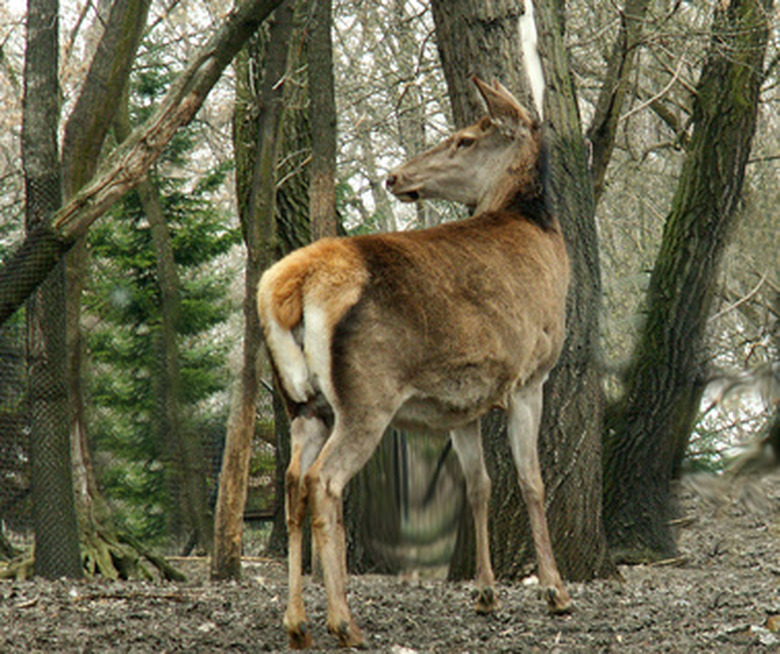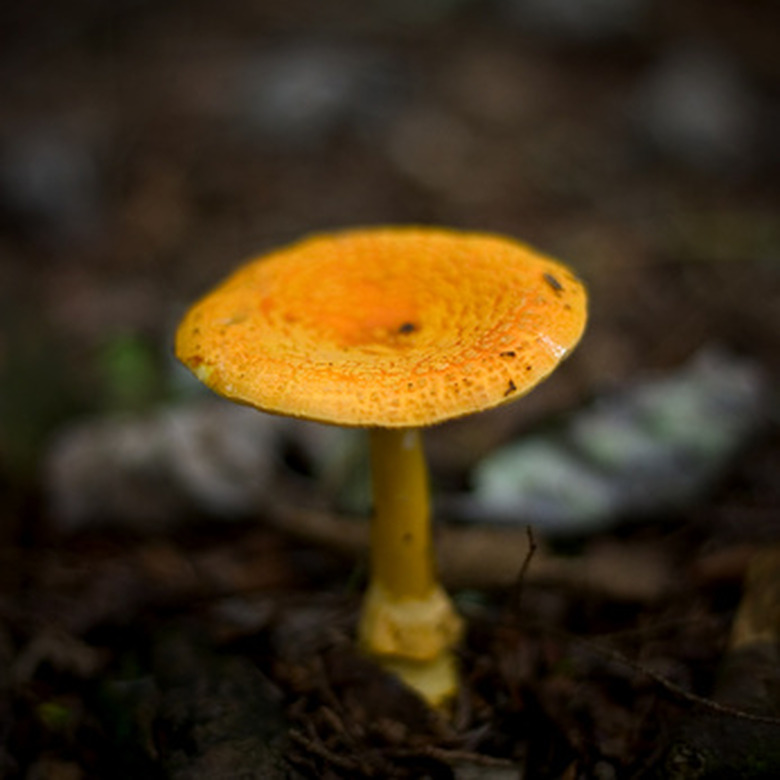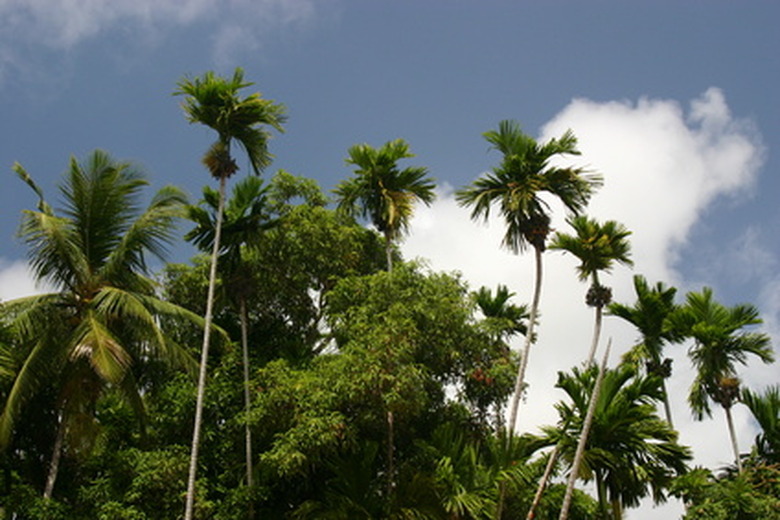Things That Makes Up An Ecosystem
An ecosystem is a delicate balance of three types of organisms. A precise balance of the three is required for ideal ecosystem health. If an ecosystem is not balanced, species extinction and organism evolution is the result. Without evolution, even a small change could cause mass species extinction. By learning the complex relationship between the biotic, or living, and non-biotic, or non-living, elements of an ecosystem, it is possible to gain a better understanding of how an ecosystem functions.
Producers (Plants)
Producers (Plants)
Producers are the basis of energy for consumers and decomposers. Without producers there would be no way to convert sun energy, inorganic matter and water into the organic compounds such as protein and sugar, which support higher life forms. Producers also create oxygen, without which life on land would be impossible. According to The University of Michigan, "The prophet Isaah said "all flesh is grass," earning him the title of first ecologist, because virtually all energy available to organisms originates in plants. Because it is the first step in the production of energy for living things, it is called primary production.
Consumers
Consumers
Once sun energy has been utilized by plant producers it can be sent up the food chain to the consumers. According to Science Learning, "Consumers eat producers – they are unable to make their own food and so must eat other plants and animals. (All animals are consumers.)" Herbivores, or plant eaters, break down the plant material into energy. Herbivores are then eaten by predators. These predators may be eaten by another predator, with the cycle ending at the top predator.
Decomposers
Decomposers
Decomposers are the most essential organism of an ecosystem because of their ability to recycle. According to Nature Works, "Decomposers or saprotrophs recycle dead plants and animals into chemical nutrients like carbon and nitrogen that are released back into the soil, air and water." Once a producer or consumer dies, decomposers will consume what is left. In this process they release chemical nutrients such as carbon and nitrogen back into the air, water and soil. Bacteria, fungi and worms are well-known decomposers. Decomposers do not always have to feed on the dead. A type of bacteria known as Rhizobium lives in a symbiotic relationship with plants. It does this by converting nitrogen a plant absorbs from the air into nitrates, which act as a plant fertilizer.
Biome
Biome
A biome is "the world's major communities, classified according to the predominant vegetation and characterized by adaptations of organisms to that particular environment," according to The University of California. Biomes define our environment due to adaptation of life to the abiotic, or non-living, characteristics of the particular biome. These include temperature, moisture, precipitation and amount of sunlight.
Cite This Article
MLA
Sohlden, Samuel. "Things That Makes Up An Ecosystem" sciencing.com, https://www.sciencing.com/things-up-ecosystem-6960532/. 22 November 2019.
APA
Sohlden, Samuel. (2019, November 22). Things That Makes Up An Ecosystem. sciencing.com. Retrieved from https://www.sciencing.com/things-up-ecosystem-6960532/
Chicago
Sohlden, Samuel. Things That Makes Up An Ecosystem last modified August 30, 2022. https://www.sciencing.com/things-up-ecosystem-6960532/
